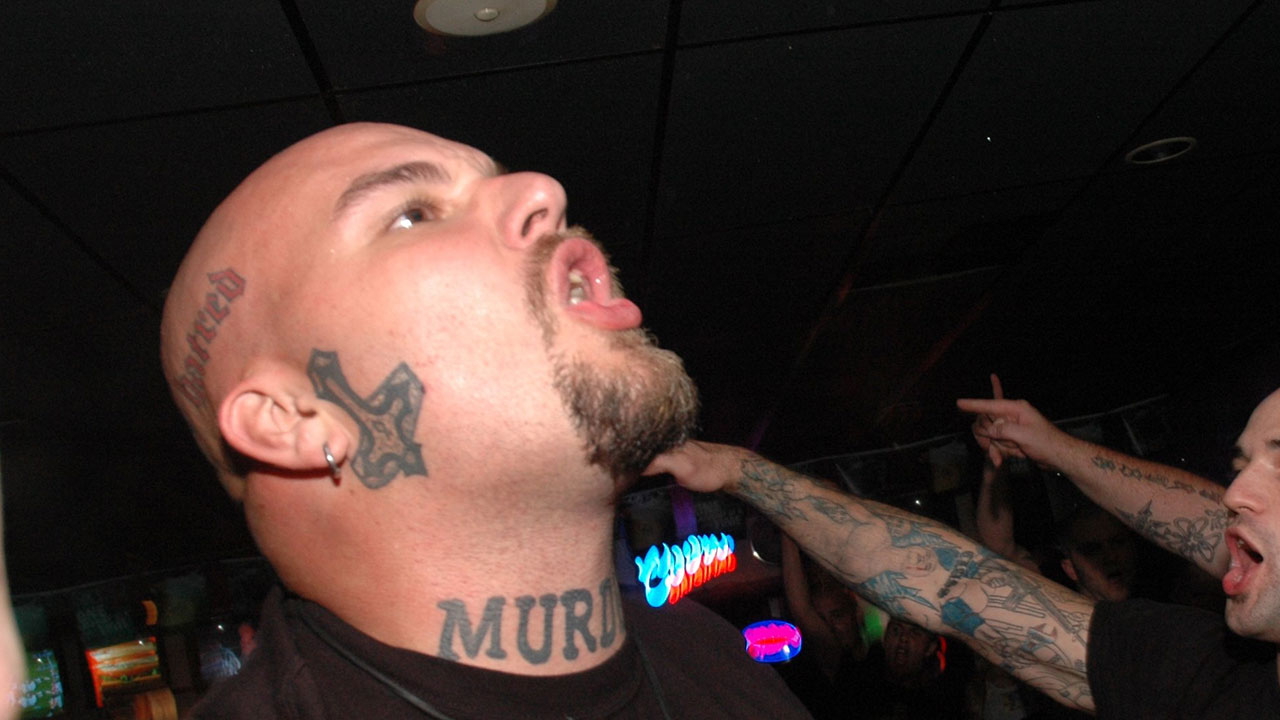A federal court has ordered a Georgia forestry company to pay $11.8 million to 4,000 foreign guestworkers who were cheated out of wages while employed by the company – the largest court award to date on behalf of guestworkers.
A federal court has ordered a Georgia forestry company to pay $11.8 million to 4,000 foreign guestworkers who were cheated out of wages while employed by the company – the largest court award to date on behalf of guestworkers.
The Southern Poverty Law Center sued Eller and Sons Trees Inc., based in Franklin, Ga., in 2005 on behalf of seasonal migrant workers who were lured from Mexico and Guatemala to plant pine seedlings in the Southeast as part of the federal H-2B program.
“The court sent a strong and clear message in this case that businesses employing guestworkers will be held accountable if they abuse or mistreat them,” said Jim Knoepp, senior supervising attorney for the SPLC. “Employers are now on notice that exploiting these workers will prove devastatingly costly.”
The court found that Eller and Sons failed to reimburse their guestworkers for travel and visa expenses incurred when they came to the United States to work for the company, failed to provide them all the hours of work they were promised in their H-2B work contracts, and failed to maintain accurate records of the hours they worked.
The order was issued on Oct. 29 by the U.S. District Court for the Northern District of Georgia. Earlier, the court found that Eller and Sons violated the Fair Labor Standards Act and the Migrant and Seasonal Agricultural Worker Protection Act (AWPA) multiple times.
The class action lawsuit –Escolastico de Leon-Granados et al. v. Eller and Sons Trees, Inc. – described violations of minimum wage and overtime protections, as well as other violations of the AWPA.
In a 2007 SPLC report, Close to Slavery: Guestworker Programs in the United States, the named plaintiff in the case, Escolastico De Leon-Granados, said he was consistently underpaid while working for the company.
“Our pay would come out to approximately $25 for a 12-hour workday,” he said. “At the end of the season, I had only saved $500 to send home to my family.”
Eller and Sons had been repeatedly investigated by the U.S. Department of Labor and fined for violating employment regulations but continued to receive the department’s approval to hire H-2B workers – highlighting a critical flaw in the guestworker program.
Other key findings by the court included:
- An employer cannot drive a worker’s pay below the minimum wage rate by requiring workers to pay expenses for things that primarily benefit the employer. The judge in this case found that the costs of passports, visas and other travel costs not only drove the workers’ pay below the protected rate level but resulted in workers having “negative incomes” in their first week of work.
- Guestworkers who are paid the prevailing H-2B wage rate for the area cannot have their pay driven below that rate by expenses such as passports, visas and other travel costs. This was the first time such a decision had been reached in a contested case.
- Guestworkers can enforce promises made by employers on H-2B visa applications – such as the total hours they will work per week. This shifts the balance of power by placing more power in the hands of guestworkers and deterring employers from abusing and mistreating workers in the future.
Other attorneys for the plaintiffs are Brian Spears, a private attorney from Atlanta, Ga., and Erin Trodden and Tim Freilich of the Legal Aid Justice Center in Charlottesville, Va.


